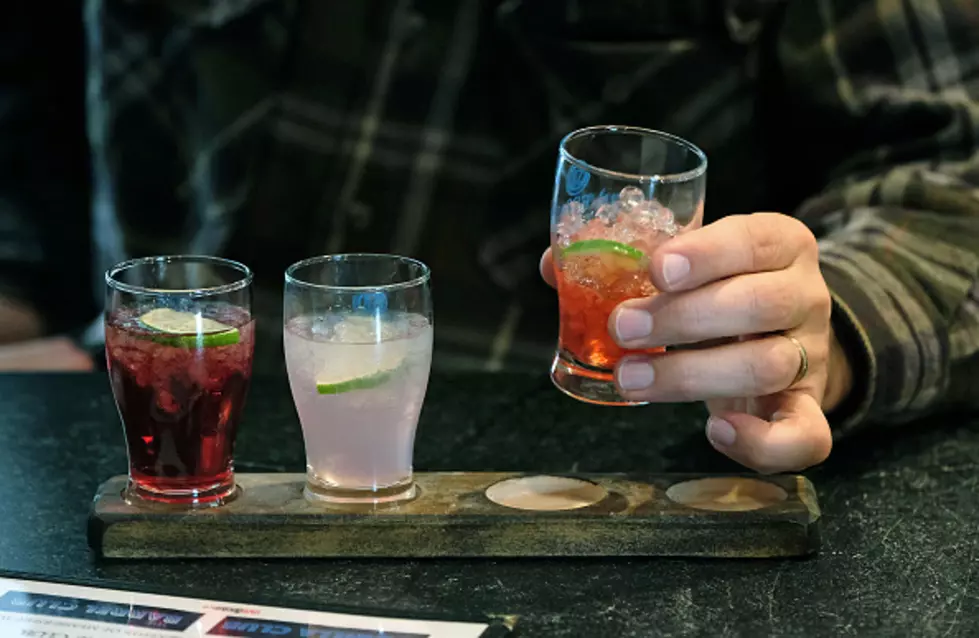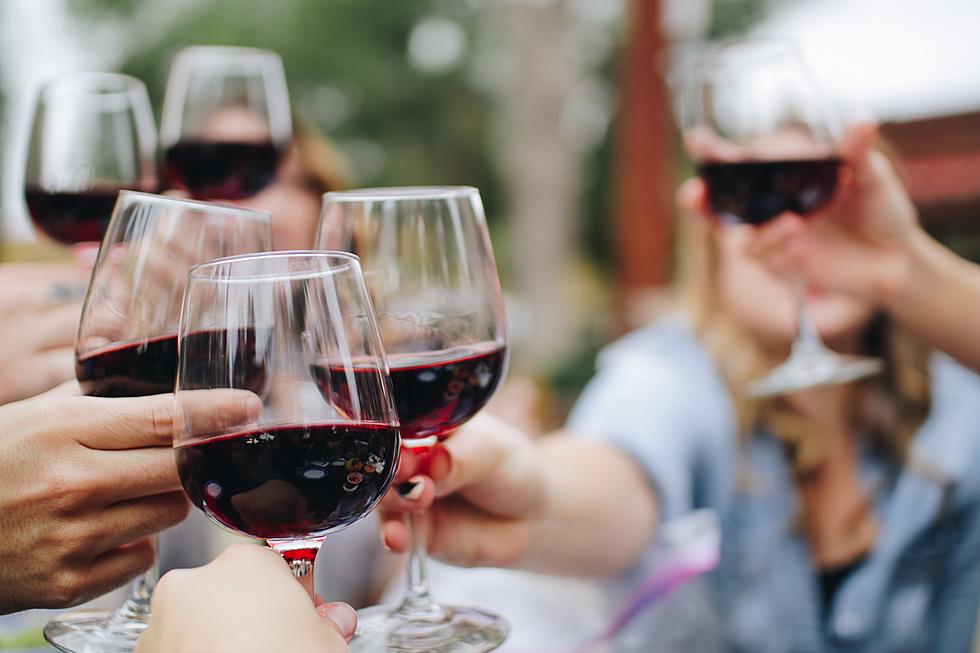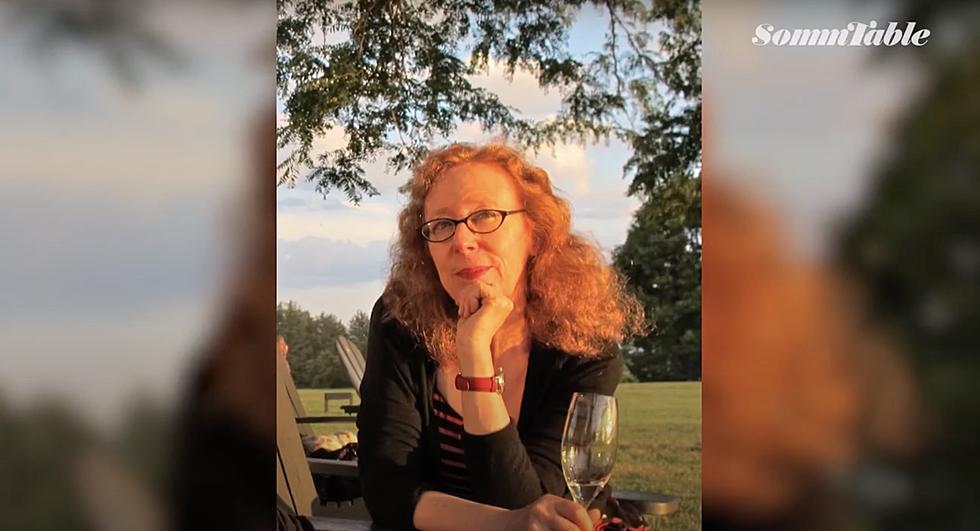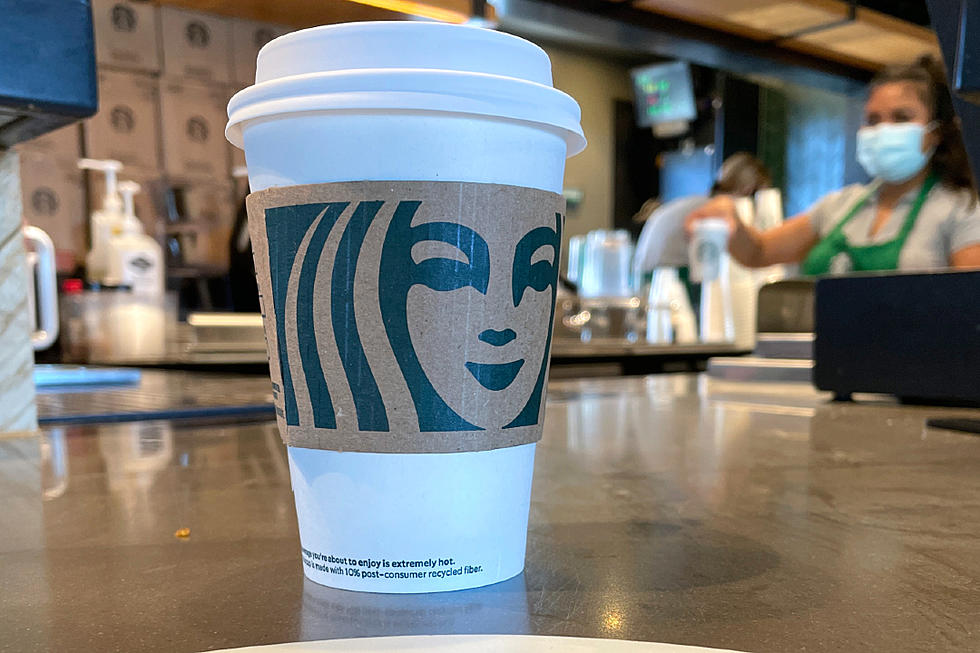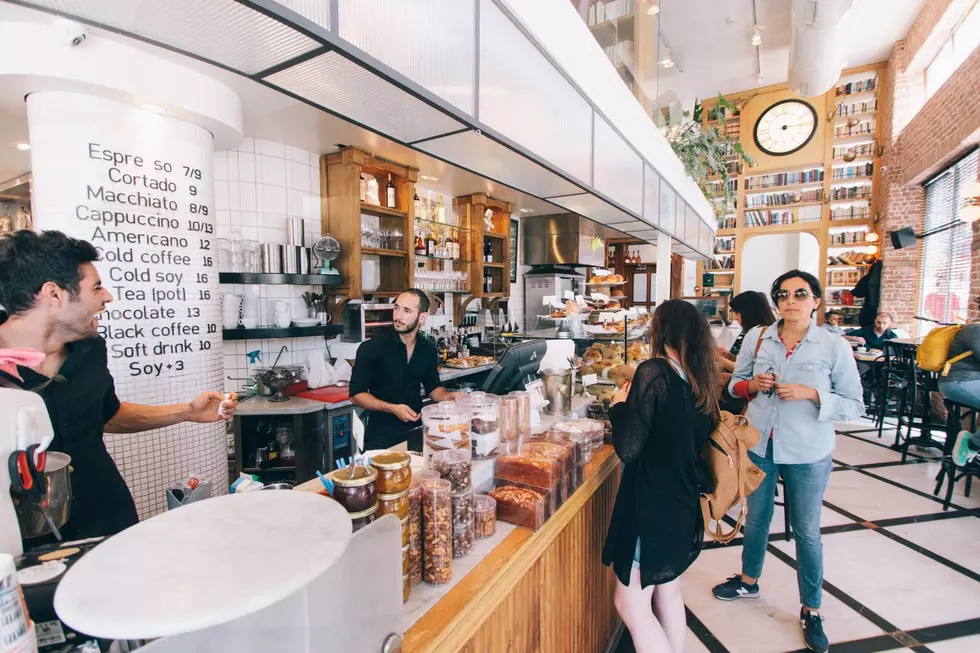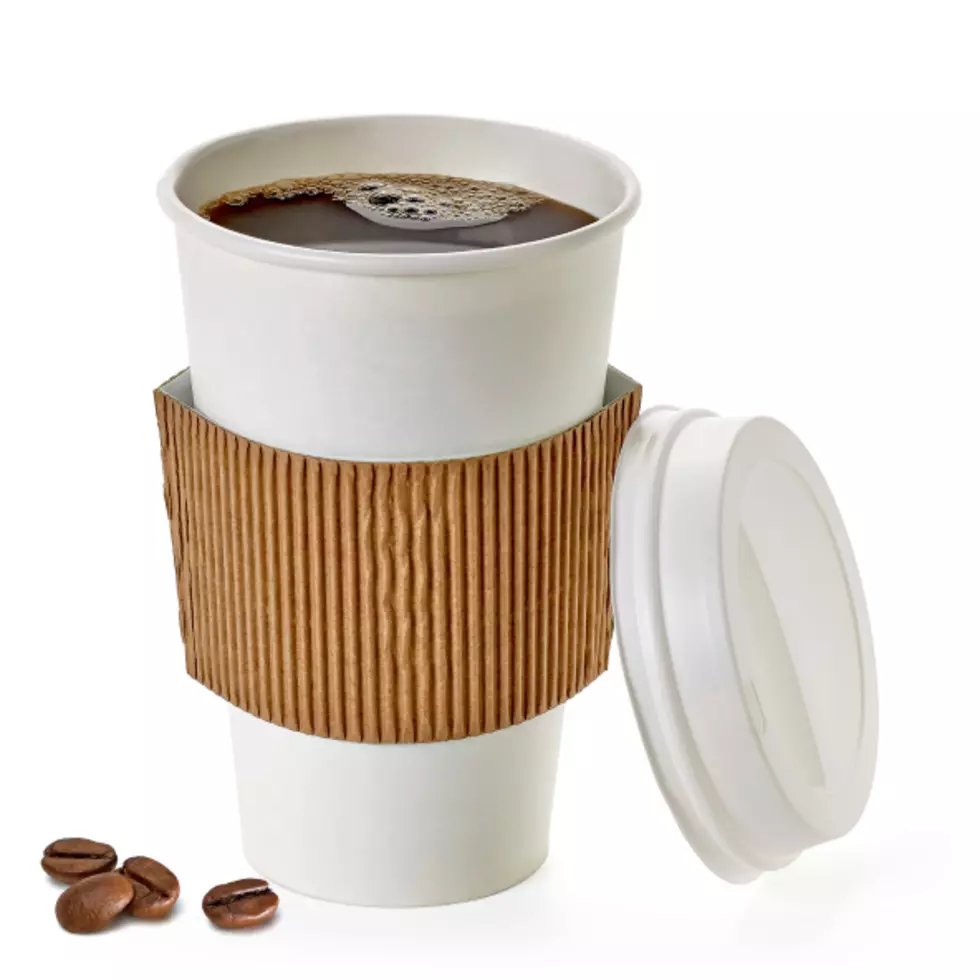
What Drinking Coffee Does to You When You’ve Been Drinking
If it seems like I'm doing a lot of writing about coffee and alcohol for this website this week, there's a very good, logical reason for that: I am.
But it's not my fault! The stories keep popping up. It seems to be a hot time for scientific studies about the effects of caffeine (something that any coffee addict--myself included--should be interested in) and, of course, when it comes to beer, I'm always ready to run my mouth/fingers.
So let's combine the two. You may, at some point in your life, have found yourself in a situation wherein you are more inebriated than you would like to be, or need to be less inebriated than you are. You might have grabbed a coffee and felt good about the fact that it perked you up, got you going, and made you feel less bogged down by your buzz.
Hold it right there. That's where your problem lies, according to science:
Caffeine masks alcohol’s sedation, but it doesn’t actually reduce the amount of alcohol in your blood, says Dr. Swift [the associate director of Brown University’s Center for Alcohol & Addiction Studies]. You’re still drunk.
What’s more, this alcohol-coffee mix screws with your body in bed. A few hours after you stop drinking it, alcohol causes an energizing rebound in your brain, which can cause you to wake up in the middle of the night.
And since caffeine sticks around longer in the body (about six hours), its stimulating effects will make it harder to fall back asleep. Come morning, you wake up exhausted—and more hungover than usual, since caffeine, like alcohol, is dehydrating.
Hit the link above for more info about the science behind it, but there you have it. When you're drunk... well, you're drunk.
More From WRRV-WRRB

